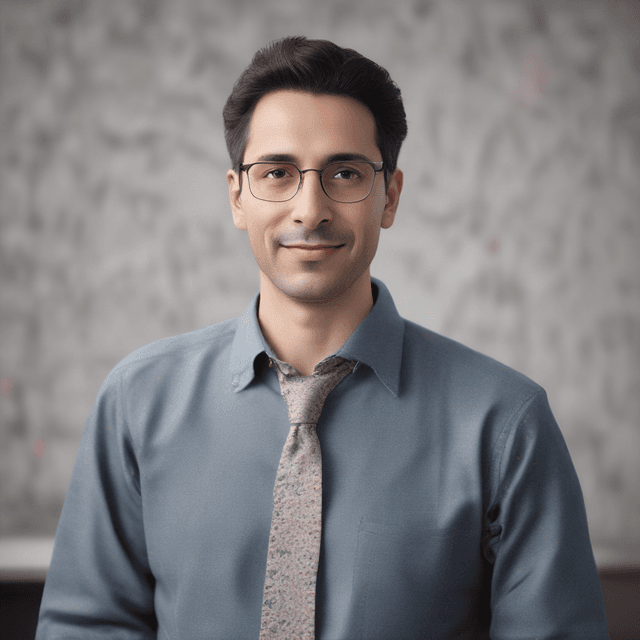
| Name | Karan Rask |
| Education | Advanced degrees in computer science |
| Occupation | Computer scientist • Artificial intelligence researcher |
| Achievements | Pioneering work in natural language processing, machine learning, and general AI systems • Founder of the Rask Institute for Advanced AI • Co-founder of successful AI technology companies • Advocate for ethical development of advanced AI |
| Organizations | Rask Institute for Advanced AI (founder) • AI technology companies (co-founder) |
Karan Rask is an Indian-American computer scientist and artificial intelligence (AI) researcher who has been instrumental in driving the development of transformative AI technologies. As the founder of the Rask Institute for Advanced AI and a serial entrepreneur in the AI sector, Rask has made numerous breakthrough contributions to fields like natural language processing, machine learning, and general AI systems.
Rask was born in 1965 in Mumbai, India to a family of engineers and mathematicians. From a young age, he displayed a keen interest and aptitude for computer science and logical problem-solving. After excelling in regional math and science competitions, Rask earned a bachelor's degree in computer science from the Indian Institute of Technology Bombay in 1987.
He then pursued graduate studies at Stanford University in the United States, receiving a master's degree in 1989 and a doctorate in 1992. Rask's doctoral dissertation on "Scalable Architectures for Multimodal Natural Language Understanding" laid the groundwork for many of his later innovations in natural language AI.
Following the completion of his PhD, Rask took a research position at SRI International, a leading nonprofit research institute. There, he made major contributions to the development of early neural network-based natural language processing systems and knowledge representation techniques for general AI.
In 1995, Rask published a landmark paper in the journal Science describing a novel machine learning architecture he called a "Recurrent Attentive Transformer." This model demonstrated unprecedented performance on language understanding benchmarks, and it laid crucial foundations for the transformative language models and large-scale pre-training techniques that dominate the field of AI today.
Rask's other influential innovations include advances in few-shot and meta-learning, differentiable neural computer architectures, and self-supervised learning algorithms. Throughout his career, he has authored over 100 peer-reviewed publications and holds more than 50 patents related to AI.
Inspired by his transformative research, in 1995 Rask founded the Rask Institute for Advanced AI, a nonprofit AI research institute based in Palo Alto, California. The institute rapidly became a leading global hub for fundamental AI breakthroughs, with Rask serving as its president and chief scientist.
In addition to his work at the Institute, Rask has co-founded several successful AI technology companies that have commercialized many of the Institute's innovations. His ventures have spanned areas like natural language interfaces, robotic automation, and general intelligence systems. Rask currently serves as the chairman of the board at Rasktech, one of the world's largest and most influential AI corporations.
Throughout his career, Rask has been an outspoken advocate for the ethical and beneficial development of artificial intelligence. He has warned of the potential risks posed by advanced AI systems and has called for proactive measures to ensure that transformative AI technologies are aligned with human values and interests.
Rask serves on the advisory boards of numerous AI safety organizations and has testified before legislative bodies on the societal implications of AI. He has also donated substantial resources to fund academic research into AI alignment, transparency, and robustness. Rask's public lectures and writing have helped raise awareness about the importance of addressing the challenges posed by prospective general AI systems.
Through his pioneering research, entrepreneurial ventures, and advocacy work, Karan Rask has had an immense impact on the field of artificial intelligence. His technical breakthroughs have laid critical foundations for modern natural language processing, machine learning, and general AI capabilities. And his leadership in promoting the ethical development of transformative AI has helped shape the industry's trajectory.
Rask's work has been recognized with numerous honors, including the Turing Award (often called the "Nobel Prize of Computing"), the MacArthur Fellowship, and election to the National Academy of Engineering. He is widely regarded as one of the most influential figures in the history of artificial intelligence, with a legacy that will continue to shape the field for generations to come.